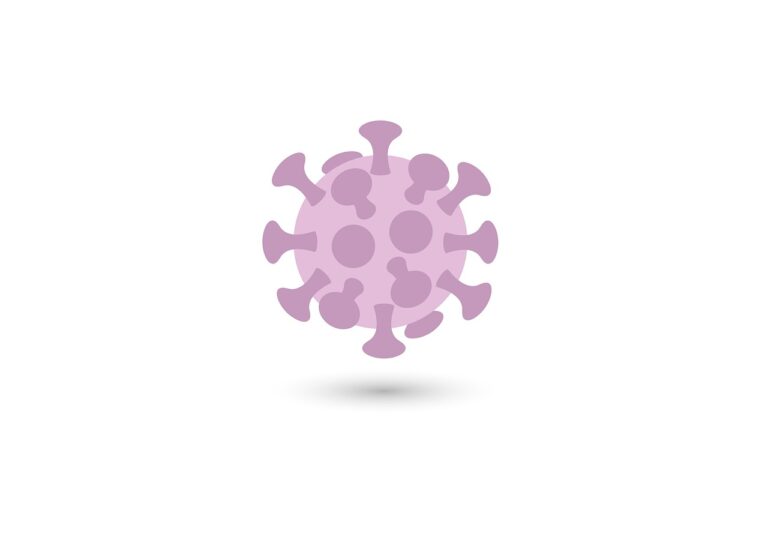The Role of Biotechnology in Aging Research and Longevity: Goldbet7.com login, Radha exchange, 11xplay online
goldbet7.com login, radha exchange, 11xplay online: Biotechnology has played a crucial role in advancing aging research and longevity in recent years. With advancements in genetic engineering, stem cell research, and personalized medicine, scientists are discovering new ways to understand and potentially slow down the aging process. In this blog post, we will explore the various ways biotechnology is shaping the future of aging research and longevity.
Understanding the Aging Process
One of the key contributions of biotechnology to aging research is the ability to understand the mechanisms behind aging at a molecular level. By studying the genetic factors that contribute to aging, scientists can identify potential targets for intervention. This knowledge has paved the way for the development of anti-aging therapies that could potentially extend human lifespan.
Genetic Engineering and Longevity
Genetic engineering technologies such as CRISPR-Cas9 have revolutionized the field of aging research. Scientists can now edit genes associated with aging to investigate their role in the aging process. By manipulating these genes, researchers can potentially slow down aging and increase longevity in model organisms such as mice and fruit flies. These findings could eventually be translated into treatments for age-related diseases in humans.
Stem Cell Research and Regenerative Medicine
Stem cells have the unique ability to regenerate damaged tissues and organs in the body. Biotechnologists are harnessing this regenerative potential to develop therapies for age-related conditions such as heart disease, Alzheimer’s, and osteoarthritis. By replacing damaged cells with healthy ones derived from stem cells, scientists hope to reverse the effects of aging and improve overall health in older individuals.
Personalized Medicine for Aging
Another way biotechnology is transforming aging research is through personalized medicine. By analyzing an individual’s genetic makeup, lifestyle, and environmental factors, researchers can tailor treatments to address specific age-related conditions. This personalized approach allows for more targeted interventions that are more likely to be effective in prolonging lifespan and improving quality of life in older adults.
FAQs
Q: Can biotechnology reverse the aging process?
A: While biotechnology has made significant strides in understanding the mechanisms of aging, it is not yet possible to reverse the aging process completely. However, researchers are hopeful that with continued advancements in the field, it may be possible to slow down aging and increase longevity in the future.
Q: Are there any side effects to anti-aging therapies developed using biotechnology?
A: Like any medical treatment, anti-aging therapies developed using biotechnology may have side effects. It is crucial for researchers to conduct thorough safety tests before these therapies are approved for use in humans. Additionally, personalized medicine approaches can help minimize potential side effects by tailoring treatments to individual needs.
In conclusion, biotechnology is playing a critical role in shaping the future of aging research and longevity. By leveraging genetic engineering, stem cell research, and personalized medicine, scientists are making significant progress in understanding and potentially delaying the aging process. While there is still much to learn, the future looks promising for extending human lifespan and improving quality of life as we age.







